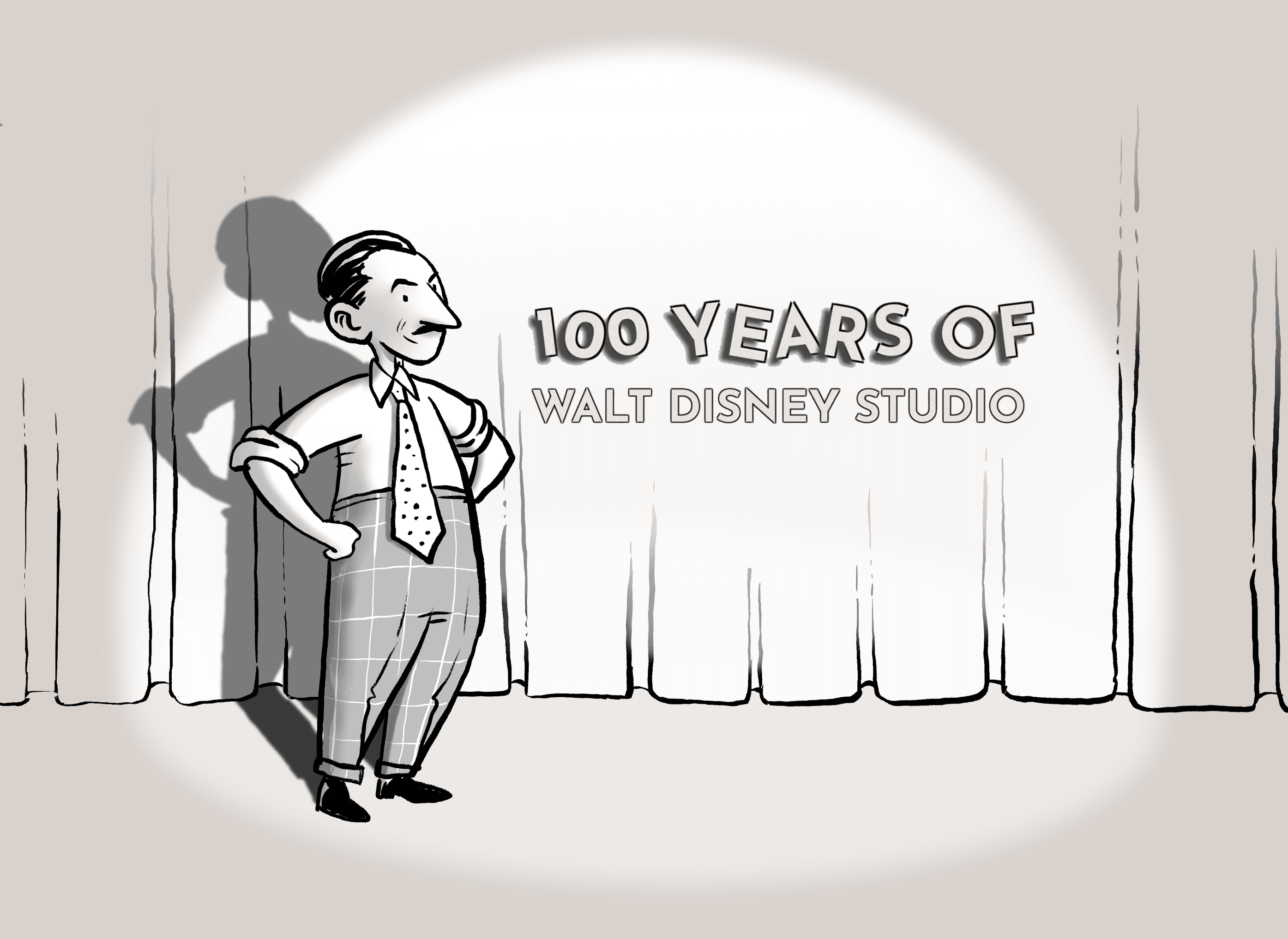Walt Disney’s share price has dropped to its lowest level in nearly nine years as the company struggles in the age of streaming, causing concern among investors. Throughout its history, Disney has adapted to new technologies and challenges, from embracing sound and color in the early days to later embracing computer-generated animation. Now, as the company turns 100, it faces the challenge of streaming and investors are closely watching how Disney will navigate this new landscape.



If this is your stance, you should hate the company itself, not the shareholders. The company chose to go public and sell part of itself to shareholders in exchange for getting the shareholders more money over time. There’s no law or anything forcing a company to go public. There are lots of companies the get giant and still remain private. Just some examples:
A company chooses to have shareholders. If you have that hate, direct it at that company that made that choice.
Nah I think I’ll continue to hate the people that keep this charade going; shareholders. If people didn’t funnel their money into companies and then expect every possible ounce of monetary return on their investment, companies wouldn’t be firing people to stay “profitable” or cutting ingredients in favour of less quality ones.
Remember when the world sold people valuable products that lasted? Shareholders killed that.
Don’t tell me who I need to aim my ire at, I already know. The companies are shareholders themselves, so I hate them both. But only one enables the other.
Customers enabled both.
Remember when people wouldn’t buy garbage that didn’t last, even if was cheaper?
Even today, you can choose to buy products that last longer than their competitors. But they will be more expensive and harder to find, so many people won’t make that choice.
If you’re extending the responsibility from company to shareholders, why are you stopping there? Should you not also hate anyone in the chain that benefits from the company’s profits or from the other investments shareholders make with their dividends/proceeds from stock sales? Are you sure you’re outside of this chain of benefit?
No.
Cool! Keep pointing the finger of blame at others without acknowledging you benefiting. I get it. Its uncomfortable. Its complicated, and it doesn’t have an easy answer. It would be great if just “this one group” is to blame, but reality sadly isn’t that cut-and-dried. You don’t have a huge amount of hypocrisy here, but certainly some. You’re also bordering on “willful ignorance” too, but its innocent unless you’re taking actions to affect the system without understanding the impact of those actions on the system, others, and yourself.
Okay.
Awesome! Have great day!
Thanks, you too.
They still have shareholders. Public trading only means that the public can trade the shares on the open market.